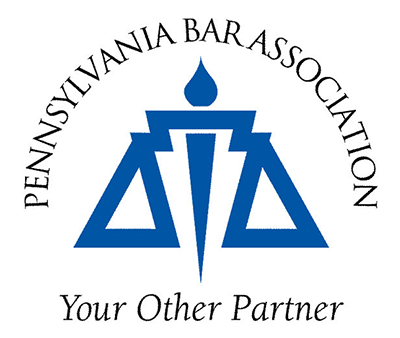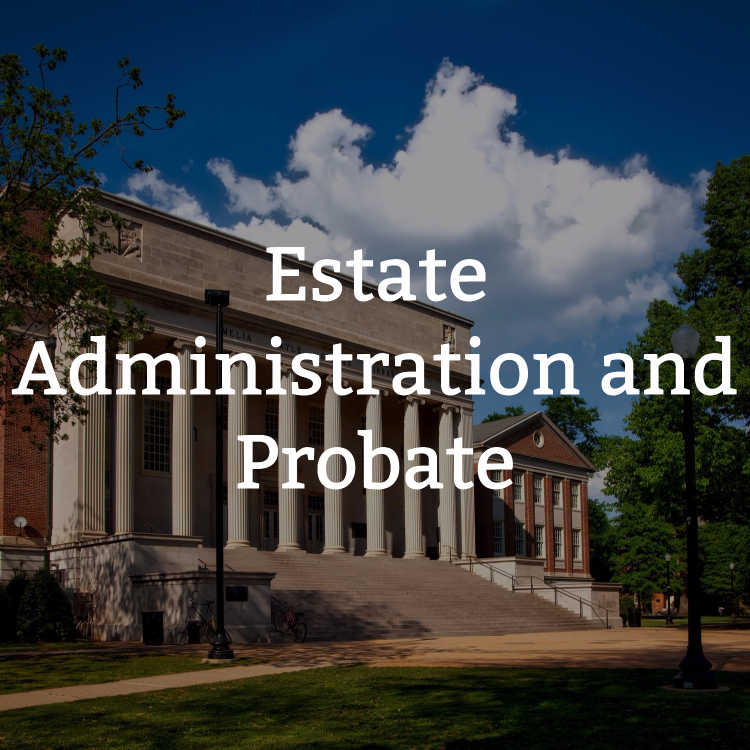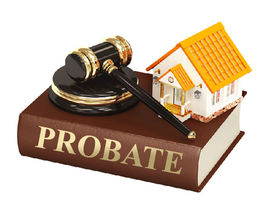Probate Estate Administration is the formal process of collecting and marshaling a deceased person’s assets, satisfying existing debts, paying estate, inheritance and final income taxes, and then distributing what remains to the decedent’s heirs and beneficiaries. Unless the heirs and family members start fighting, most of the process is done with little actual court supervision. Mostly, probate is a lot of paperwork and a very procedurally driven process.
How Does the Probate Begin?
The Probate process is initiated by obtaining either Letters Testamentary (if there is a Will) or Letters of Administration (if the Decedent died without having made a Will).
To open the estate, you will typically need to file a petition, death certificate, and the original Last Will and Testament (if there is one) with the local probate court in the county in which the decedent resided at the time of his or her death. This is the beginning of a process that often includes interconnected layers of complexity that may require the assistance of legal professionals who specialize in Estate Administration law.
Posting a Bond.
In some instances, the local probate office may require the Executor or Administrator to post a surety bond prior to be sworn in and formally appointed as the Personal Representative of the estate. This is basically an insurance policy that would protect the estate and the heirs from any losses that might occur if you either make mistakes or inappropriately take or remove estate assets. Often times the decedent’s Last Will and Testament will contain language specifically waiving any such bonding requirement. However, it the Will doesn’t contain such language or if there is no Will at all, then a bond made be required. This is particularly true of the person seeking to be appointed as the Executor or Administrator lives out of state or in another jurisdiction from where the estate is going to be administered.
Is the Decedent’s Will Valid?
Remember, not all Wills are created equal. While it is true that you could write a will on the back of a napkin, that doesn’t necessarily mean the probate office will immediately accept the document for filing. Most states have certain requirements regarding whether or not the Will was properly notarized and witnessed. At first glance you may see witnesses and a notary seal on the document and assume that you’re good to go only to find out that the document still does not meet the specific statutory requirement of a self-proving Will. The fact that a Will may or may not be self-proving doesn’t necessarily mean that it’s not valid, but it may require you to seek out legal assistance and take additional steps before the document will be accepted by the court or probate office.
Managing the Estate Assets.
This is what’s at the heart of the whole probate estate administration process. You’ll need to gather and take control of all of the estate assets and ensure that they are managed and, ultimately, distributed in accordance with the decedent’s wishes. The process doesn’t happen overnight and even very small estates are typically open for at least several months. Keep detailed and orderly records of everything you do.
Giving Property to Beneficiaries Early.
Giving beneficiaries their inheritances before the other steps in the probate process have been completed is generally not a very good idea. Remember, creditors and taxes always need to come first. That’s not to say that it’s not okay in some cases to make partial early distributions to the heirs, but just keep in mind that it’s generally pretty hard to get monies back once you’ve distributed them. Likewise, make sure you pay close attention to what local state laws may say when it comes to making early distributions. You may even find that you’ll need actual court approval to do so. Having good legal representation when it comes to making these kind of decisions can save you a lot of grief down the road.
Distributing Property and Closing the Estate.
Once all of the creditor and tax issues have been resolved, you’ll be in a position to proceed to final distribution of the estate. Closing the estate will end your responsibilities as Personal Representative of the estate, but you better make sure that all of the heirs and beneficiaries are onboard and actually sign off on your proposed distribution. In some states you may also be required to file and accounting of your administration with the court and obtain court approval prior to making a final distribution. Again, it’s extremely important that you’re receiving sound legal advice when it comes to making these decisions.
American Wills & Estates is a locally owned and founded law firm that has been assisting and guiding clients in Pittsburgh and throughout Western Pennsylvania through the Probate Estate Administration process with competency, compassion and care for over 26 years. We are your number one source for trusted, experienced and affordable probate help.
We offer free legal consultations and provide most of our estate administration services on a flat, set fee basis. We have a number of convenient office locations and also offer home, hospital, evening and weekend appointments upon request. Give us a call today at (412) 381-7370 to schedule your free consultation or visit our law firm online. You’ll be glad you did!














